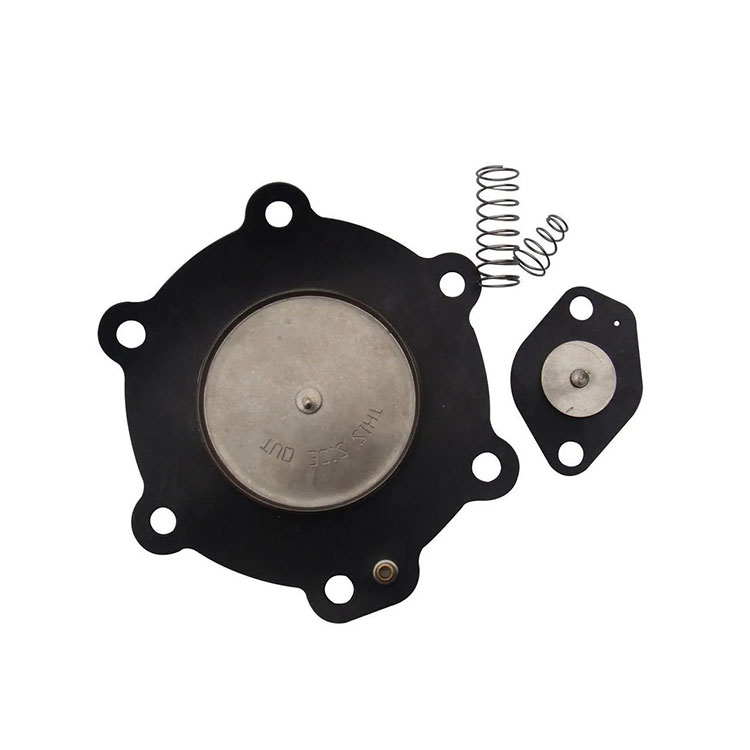The Critical Role of Pulse Valves in Dust Collection Systems
2025-03-07
Industrial environments such as manufacturing plants, cement factories, and woodworking facilities generate a significant amount of airborne dust. Effective dust collection systems are essential to maintaining air quality, protecting equipment, and ensuring worker safety. Among the key components of these systems, pulse valves play a crucial role in maintaining efficiency and operational effectiveness.
What Are Pulse Valves?
Pulse valves are specialized solenoid valves used in reverse pulse jet baghouse dust collectors. These valves control short bursts of compressed air that clean the filter bags or cartridges, ensuring optimal airflow and efficiency within the dust collection system.
How Do Pulse Valves Work?
Pulse valves operate in conjunction with a timer or differential pressure controller. When activated, the valve releases a high-pressure pulse of air that momentarily expands the filter bags or cartridges, dislodging accumulated dust. The released dust falls into a collection hopper, where it can be safely removed. This self-cleaning process helps maintain consistent filtration performance and prolongs the life of the filters.

Key Benefits of Pulse Valves in Dust Collection
1. Enhanced Filtration Efficiency
By effectively dislodging dust buildup, pulse valves prevent clogging and maintain high filtration efficiency, reducing pressure drop across the system.
2. Reduced Energy Consumption
Efficient cleaning cycles mean that fans and blowers require less power to maintain proper airflow, resulting in energy savings.
3. Extended Filter Life
Regular and effective cleaning minimizes wear and tear on filter elements, reducing maintenance costs and increasing the longevity of the dust collection system.
4. Improved Workplace Safety
By maintaining consistent airflow and dust removal, pulse valves help reduce exposure to hazardous airborne particles, creating a safer working environment.
5. Lower Operating Costs
A well-maintained pulse jet cleaning system decreases downtime and reduces the need for frequent filter replacements, leading to cost savings over time.
Choosing the Right Pulse Valve
Selecting the appropriate pulse valve depends on factors such as:
- Valve Size & Flow Rate: Ensuring sufficient air volume for effective cleaning.
- Diaphragm Material: Choosing materials resistant to wear and chemical exposure.
- Operating Pressure Requirements: Matching the valve to the system’s air pressure levels.
- Durability & Lifespan: Opting for high-quality components to minimize replacements.
Conclusion
Pulse valves are indispensable components of dust collection systems, ensuring efficient filtration, cost-effectiveness, and compliance with workplace safety regulations. Investing in high-quality pulse valves can significantly improve the performance and longevity of industrial dust control systems. By understanding their function and benefits, businesses can optimize their dust collection operations, promoting cleaner air and a healthier work environment.


